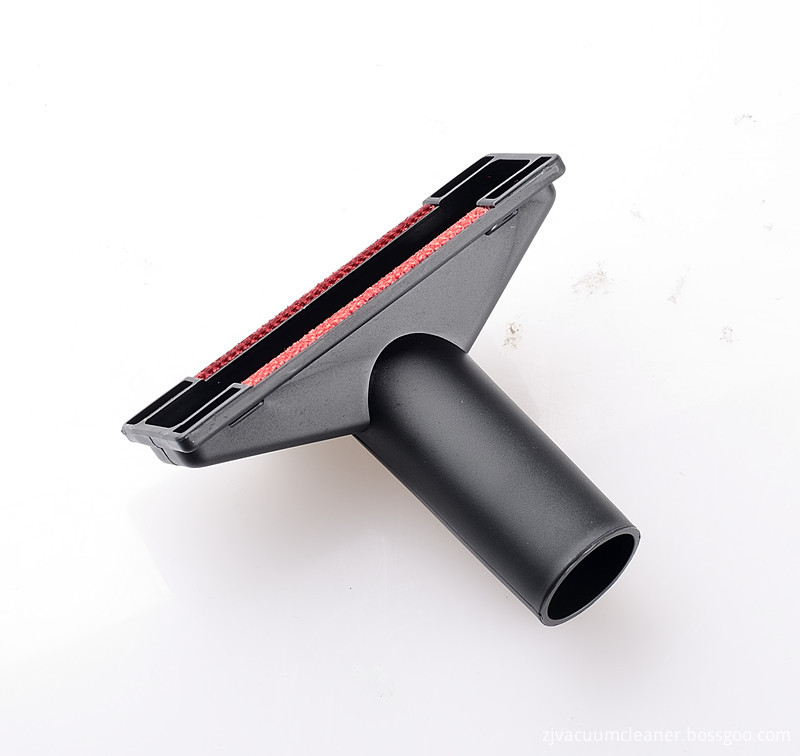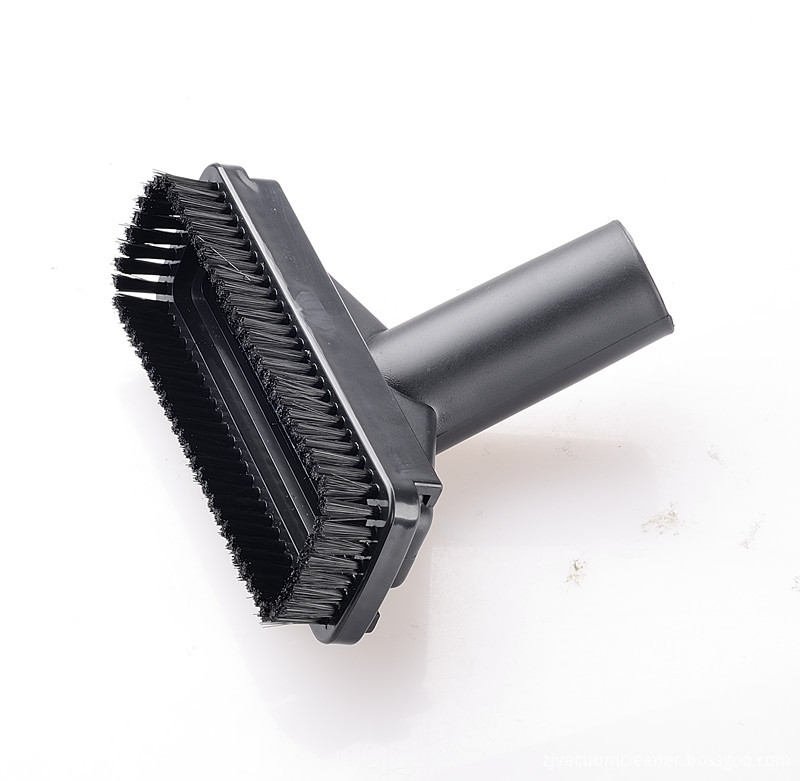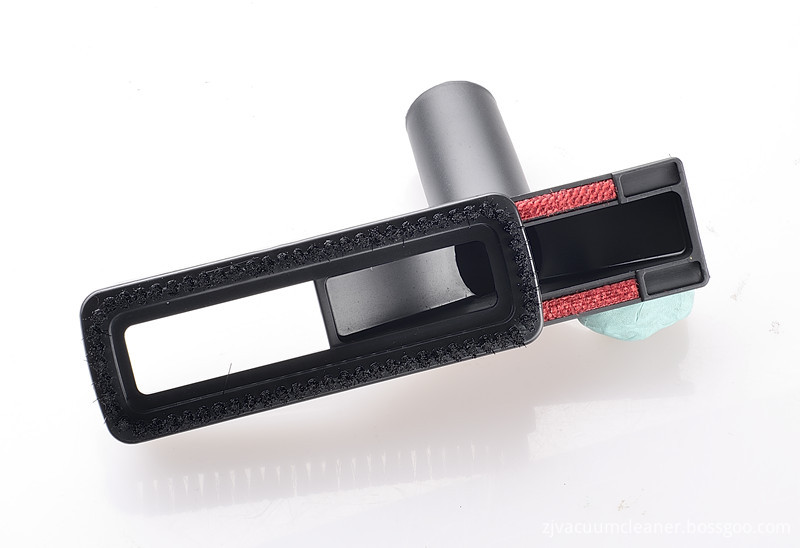Turkmenistan
The preferential policies for foreign investment include: setting up foreign-funded or joint ventures in 8 free economic zones, and the tariffs and value-added tax on imported equipment and related products are zero; when the investment amount of foreign-funded legal person (enterprise) accounts for more than 30% of the registered capital It has the right to, according to the certificate issued by the authorized institution, does not require the license to export the self-produced product (engineering, service) equivalent to the proportion of foreign capital in the registered capital; after paying the taxes and fees stipulated by the local law, the foreign-funded legal person ( The enterprise may control the foreign exchange income of its self-produced products for export.
Tajikistan
In addition to multi-field investments, foreign companies have the right to determine the price and sale of their products or services, as well as the source and use of their raw materials. Foreign-funded enterprises engaged in the production of raw materials (excluding agriculture and natural resources extracting industries), if the foreign share accounts for more than 30%, can enjoy preferential tax treatment: enterprises with foreign investment of 100,000 to 500,000 US dollars can be exempted from paying 2 years of income tax; 500,000 to 2 million US dollars can be exempted from paying 3 years of income tax; 2 million to 5 million US dollars can be exempted from 4 years of income tax; 5 million US dollars or more are exempt from 5 years of income tax.
Foreign investors and foreign-invested enterprises in the free trade zone can enjoy preferential tax rates that are 50% lower than the toll rate in the tower; enjoy lower land and other natural resources rental or use fees; enjoy special tariff treatment, lower Import and export tariffs and simple entry and exit visa procedures.
Kazakhstan
All natural and legal persons in Kazakhstan can engage in foreign trade activities. The Kazakh government mainly manages foreign trade by regulating import tariffs. The average tax rate on imported goods is 12%. Except for individual commodities such as weapons, ammunition, drugs, pharmaceuticals and waste non-ferrous metals (9 exports and 11 imports), no quotas or permits are required for the import and export of other commodities. The current import tax rate for major mechanical and electrical products ranges from 5% to 20%. For example, nuclear reactors, boilers, equipment and machinery have a zero tax rate, agricultural machinery is 5%, and TV receivers are 10% (plus a specific tax).
From July 1, 2007, the Kazakhstan foreign exchange management system will implement European national standards, cancel the foreign exchange business licensing system, and implement a notification system.
Uzbekistan
Exemption from import tariff goods: the exporting country and the country of origin have established a free trade system with the Ukrainian government or government-guaranteed intergovernmental treaties and inter-governmental agreements; with the approval of the government, the Ministry of Finance Imported goods; commodities required for the production of foreign legal entities with a total investment of more than US$50 million in Uzbekistan; exhibits, publicity materials; raw materials for export processing. The current import tariffs are applicable to goods produced by countries that have given MFN status to each other in the same Ukrainian state; the import tariffs that do not have the most MFN status are doubled. Starting this year, the VAT preferential policies for the purchase of goods and services enjoyed by diplomatic agencies, representative offices and individuals in Uzbekistan will be lifted. In the present and next two years, the equipment imported by the enterprises affiliated to Wuzhu Building Industry Co., Ltd. and the related presidential decree construction projects need to be used, and the building materials that are not produced by Wu, are exempt from customs duties. Non-traditional building materials provided to building materials companies in the annex to the Presidential Decree of 2005~2009 are exempt from VAT.
Kyrgyzstan
The state’s monopoly on foreign trade has been abolished, and the foreign trade system has been fully liberalized. All legal persons (in no form of ownership) and natural persons have the right to engage in domestic trade and import and export trade without special qualification registration.
After 1994, Kyrgyzstan gradually eliminated export tariffs, reduced trade barriers, and imposed a 10% uniform import tariff on imported goods. In 1998, Kyrgyz became the first country in the Commonwealth of Independent States to join the World Trade Organization, and adjusted the trade management system according to the requirements of the World Trade Organization to make its economy more open. At present, the overall tariff level is maintained at around 5%, and zero-tariff imported goods account for more than half of the commodity tax number.
Source: "Import and Export Manager"
1

This brush is 2 In 1 Bed Or Sofa Brush. This brush is including fur brush and anti static brush,so it is called 2 in 1 brush. When your bedspread is a little dirty,you can clean it by this anti static brush. It also can clean the sofa easily. When the sofa is dirty with dust,you can use the fur brush to clean it. The fue brush will clean it very easily. The anti static brush also can be used to clean the sofa. In a word,it is a very useful brush with high cost-performance,hope you will like it. Now let's see the picture about it.



2 In 1 Bed Or Sofa Brush
Bed Brush, Detachable Brush, 2 In 1 Bed Brush, Bed Head Brush
Ningbo ChinaClean Household Appliances Manufacture Co., Ltd. , http://www.chinaclean-elec.com
